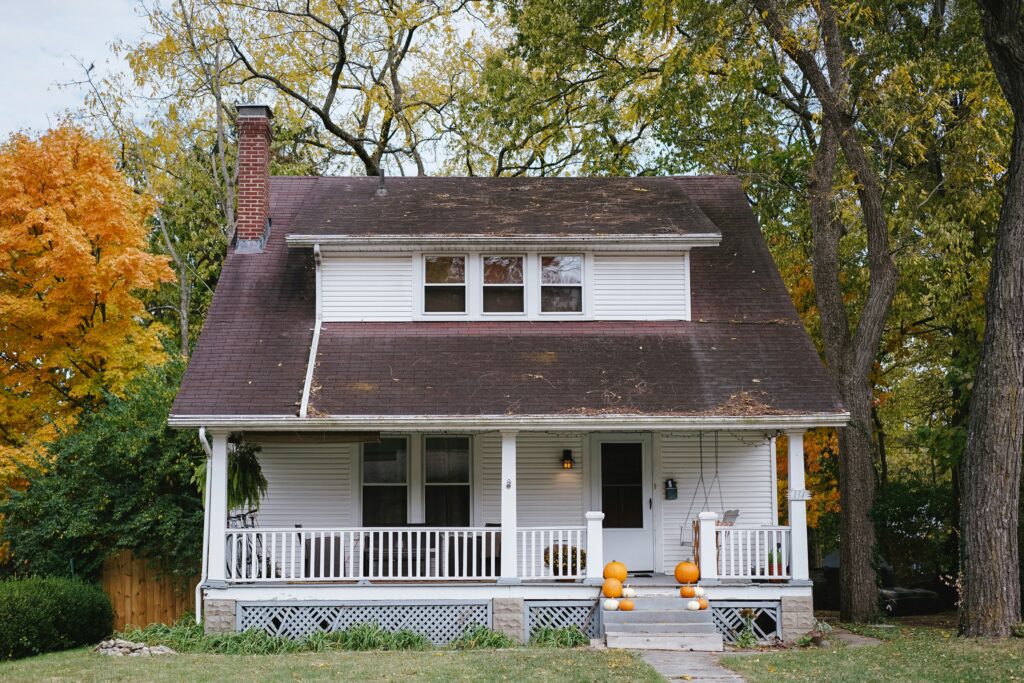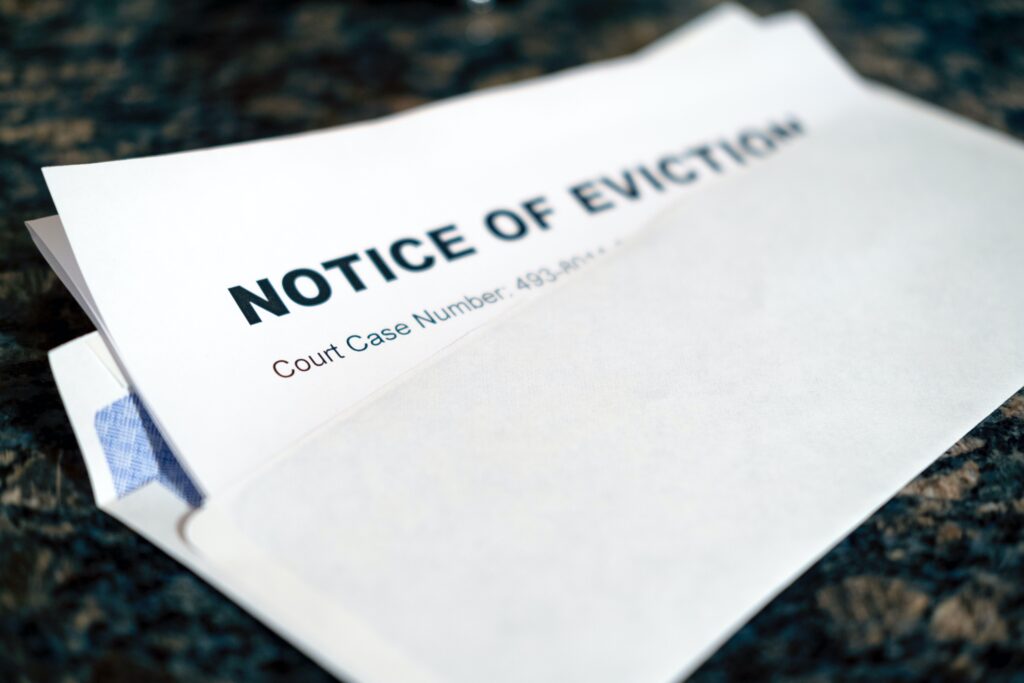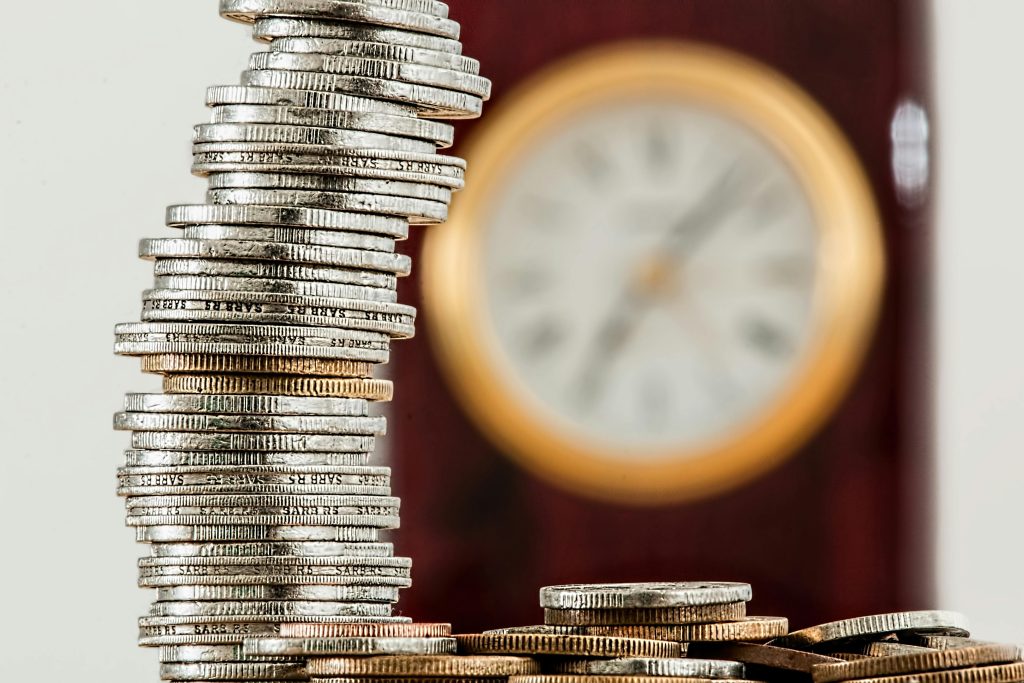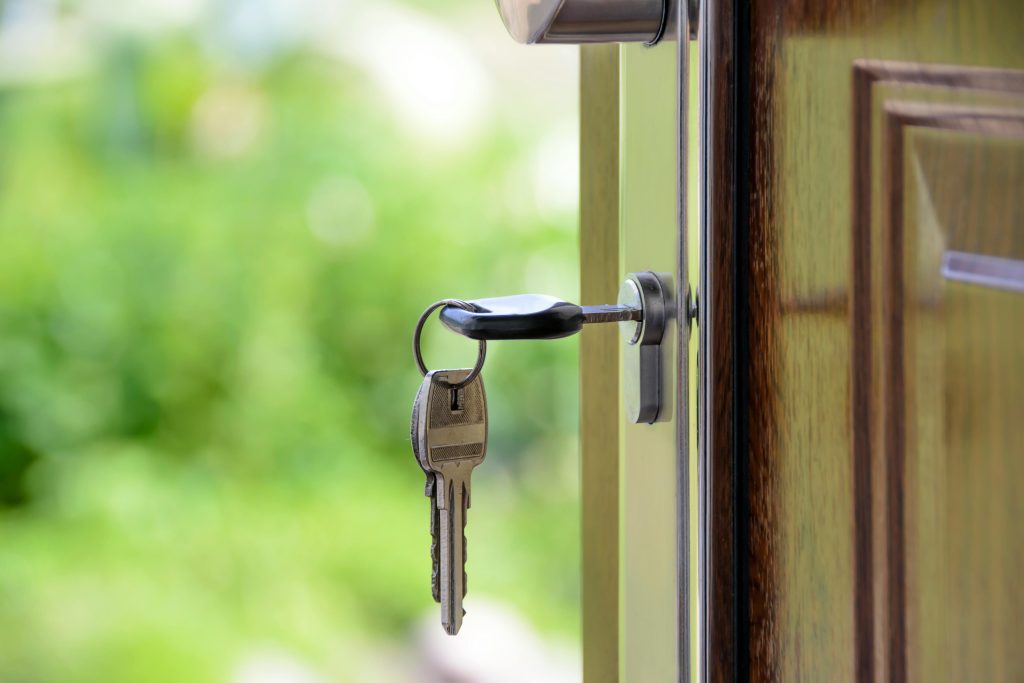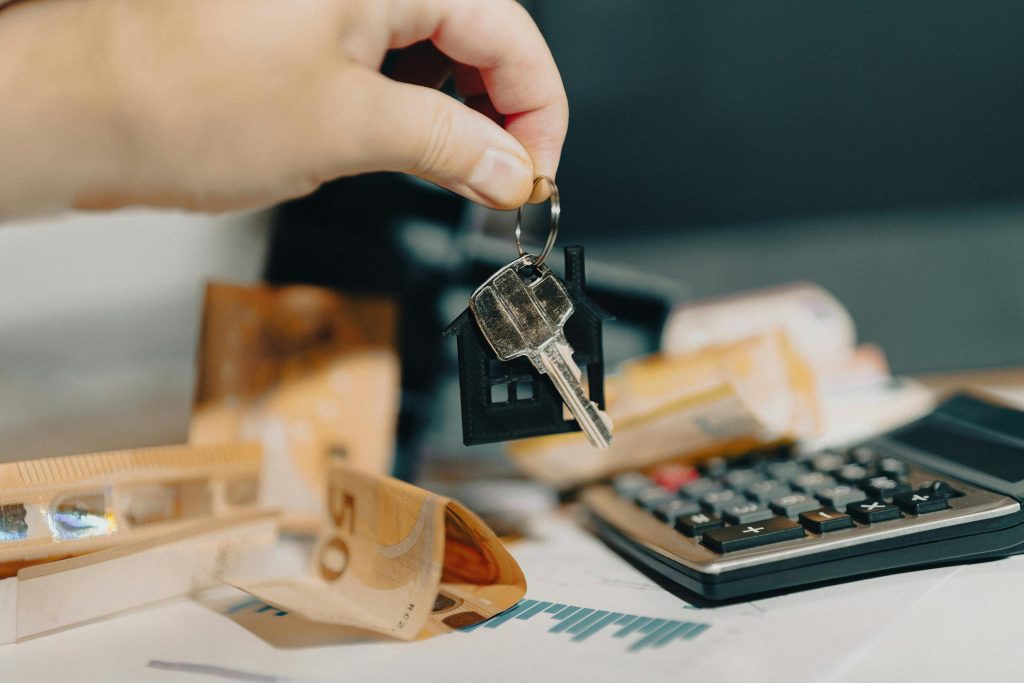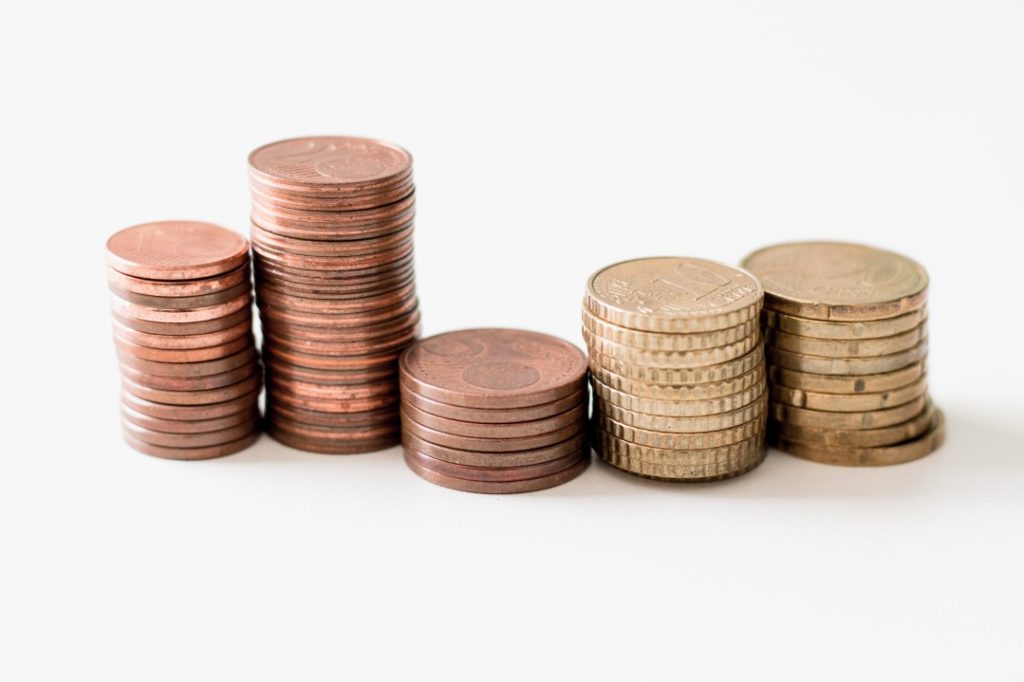When you’re dealing with a loved one’s estate, you’ll come across two important but often confusing terms: probate value and market value. But what’s the difference? And why does it matter?
Probate value is the estimated worth of assets at the date of death, used for inheritance tax. Market value, on the other hand, is what you’d expect to get if you sold an asset today. Getting to grips with these concepts is important for executors and beneficiaries alike. Let’s take a look in more detail.
What exactly is probate value?
Probate value, sometimes called “date of death” value, is what HMRC wants to know when calculating inheritance tax. It’s a snapshot of what everything in the estate was worth when the person died. This includes the family home, any other properties, cars and other vehicles, jewellery and valuables, savings and investments, and even business interests.
For some things, like bank accounts, it’s easy to pin down the value. You simply need to check the balance on the day the person died. For others, like property or antiques, you might need to call in the professionals. A qualified surveyor can give you an accurate valuation of a property, while specialist valuers can help with things like artwork or collectibles.
It’s important to be as accurate as possible with probate values. HMRC can challenge valuations they think are too low, which could lead to penalties. On the flip side, overvaluing assets could mean paying more inheritance tax than necessary.
And market value?
Market value is simpler in concept – it’s what you’d get if you sold something on the open market today. But in practice, it’s not always straightforward. The property market might have changed since the date of death, or that classic car might suddenly be in high demand.
Market value can go up or down based on the state of the economy, local property trends, supply and demand, and the condition of what you’re selling. For example, a house that was worth £300,000 at the date of death might now be worth £350,000 due to a booming local property market. Or it could have dropped in value if the housing market declined further since the date of death.
Why the difference matters
Understanding the difference between probate and market value isn’t just about definitions. It can have a big impact on inheritance tax, how assets are shared out, and what happens when you come to sell.
Inheritance Tax implications
Inheritance Tax is based on the probate value. If the estate is worth more than £325,000, you might need to pay tax on anything above that amount. So if the probate value is higher, it could push the estate over the threshold or increase the amount of tax due.
Capital Gains Tax considerations
If you sell an asset for more than its probate value, you might need to pay Capital Gains Tax on the difference. For example, if a painting was valued at £10,000 for probate but sells for £15,000 a year later, there could be Capital Gains Tax to pay on the £5,000 increase.
Fair distribution of assets
When dividing assets between beneficiaries, knowing both values help ensure everyone gets a fair share. If one beneficiary gets a house valued at £200,000 for probate, but it’s now worth £250,000, this might need to be taken into account when dividing the rest of the estate.
Potential challenges
If HMRC thinks you’ve undervalued assets, they might investigate. This could lead to penalties or having to pay more tax. On the flip side, beneficiaries might question high valuations that lead to a bigger tax bill.
Getting the probate value right
Accurate probate valuations are crucial to avoid headaches with HMRC. Here are some tips to help you get it right:
Get professionals to value high-price items, especially property. A qualified surveyor can give you a detailed report that will stand up to scrutiny.
Use reliable sources for valuing shares and investments. The stock market value on the date of death is usually straightforward to obtain.
Keep detailed records of how you worked out the values. This includes keeping copies of professional valuations, screenshots of share prices, and notes on how you valued smaller items.
Be consistent in your approach. If you’re using online valuations for some items, do this for all similar items.
Consider using a probate specialist if the estate is complex. They can guide you through the process and help ensure everything is valued correctly.
HMRC does allow a bit of wiggle room – up to 5% for most assets – but this doesn’t apply to land and buildings. So it’s especially important to get property valuations right.
What if the market value changes dramatically?
Sometimes, the value of an asset can change a lot between the date of death and when you sell it. This might be because the property market has gone up or down, stock markets have been volatile, or the condition of the asset has changed.
If the market value has dropped significantly, you might be able to claim loss relief for Inheritance Tax. This could mean getting some tax back. For example, if shares were valued at £100,000 for probate but are only worth £80,000 when sold, you might be able to reclaim some of the inheritance tax paid on the £20,000 difference.
But if the value has gone up a lot, watch out for potential Capital Gains Tax when you sell. You might need to pay tax on the increase in value since the date of death.
It’s always worth dealing with a good accountant with regard to probate related taxes, and it’s best to work with them from the beginning, so they can help plan the most efficient way to deal with these taxes.
Valuing property for probate
Property is often the biggest asset in an estate, and getting the value right can be tricky. Here’s what to do:
Get at least three estate agents to value it. They’ll know the local market and can give you a good idea of what the property might sell for.
Consider using a RICS surveyor for a detailed, non-biased valuation. This is especially important for unusual properties or those in sought-after areas.
Think about any issues that might affect the value, like structural problems or development potential. A surveyor can help identify these.
Remember, the probate value should reflect what the property was like when the person died. So if it’s fallen further into disrepair since then, this shouldn’t affect the probate value. It’s always best to start getting things valued within a short time after the death, to make valuations easier.
Keep in mind that the probate value might not be the same as what you eventually sell for. The market can change, and buyers might haggle.
Selling property during probate
If you need to sell a property during probate, you’re dealing with both probate and market values at once. This can get complicated, especially if there’s a big difference between the two.
For example, let’s say a house was valued at £300,000 for probate. Six months later, when you come to sell, the local market has increased and now it’s valued at £350,000. This is great news in terms of the money available to beneficiaries, but it might mean there’s Capital Gains Tax to pay on the £50,000 increase. On the other side of the coin, the property value may have decreased, due to a stagnant property market, and how you need to sell for less, and try and claw back the inheritance tax through tax relief.
This is why it’s often best to try and sell quickly, while the probate value and the market value are more equal, and therefore to reduce extra complications.
If you’re in this situation, Property Rescue can help. We specialise in quick probate property purchases. We can buy the probate property from you directly, in as little as just one week.
Get a free, no-obligation cash offer for the property today, and you could have the property sold by this day next week if you choose, with the cash already in your bank and any outstanding mortgage debt settled.
Common mistakes to avoid
When you’re dealing with probate and market values, watch out for these pitfalls:
Undervaluing assets to try and reduce Inheritance Tax—HMRC might penalise you if they think you’ve done this deliberately.
Overvaluing assets, which could mean paying too much tax. While it’s important to be accurate, you don’t want to pay more than necessary.
Not getting professional valuations for expensive or unusual items. It’s worth paying for expertise to get these right.
Forgetting that market values might change during probate. Keep an eye on this, especially for valuable assets like property or shares and sell quickly to mitigate price fluctuation.
Ignoring how valuations might affect what beneficiaries expect. Clear communication can help avoid disputes later.
Getting help
Given how complex this can all be, it’s often worth getting professional help. You might want to talk to probate specialists, chartered surveyors, tax advisors, or solicitors who specialise in dealing with estates.
Yes, there will be some costs involved. But professional advice can help make sure you get the valuations right, make probate smoother, and potentially save money on taxes in the long run. They can also help you navigate any complex situations, like selling assets during probate or dealing with unusual items in the estate.
Final note
Understanding probate value and market value is key when you’re dealing with someone’s estate. Probate value gives HMRC a snapshot for tax purposes, while market value shows what something’s worth right now if you sold it. By getting to grips with these ideas and getting help when you need it, executors can handle probate more effectively and make sure everyone gets a fair outcome.

